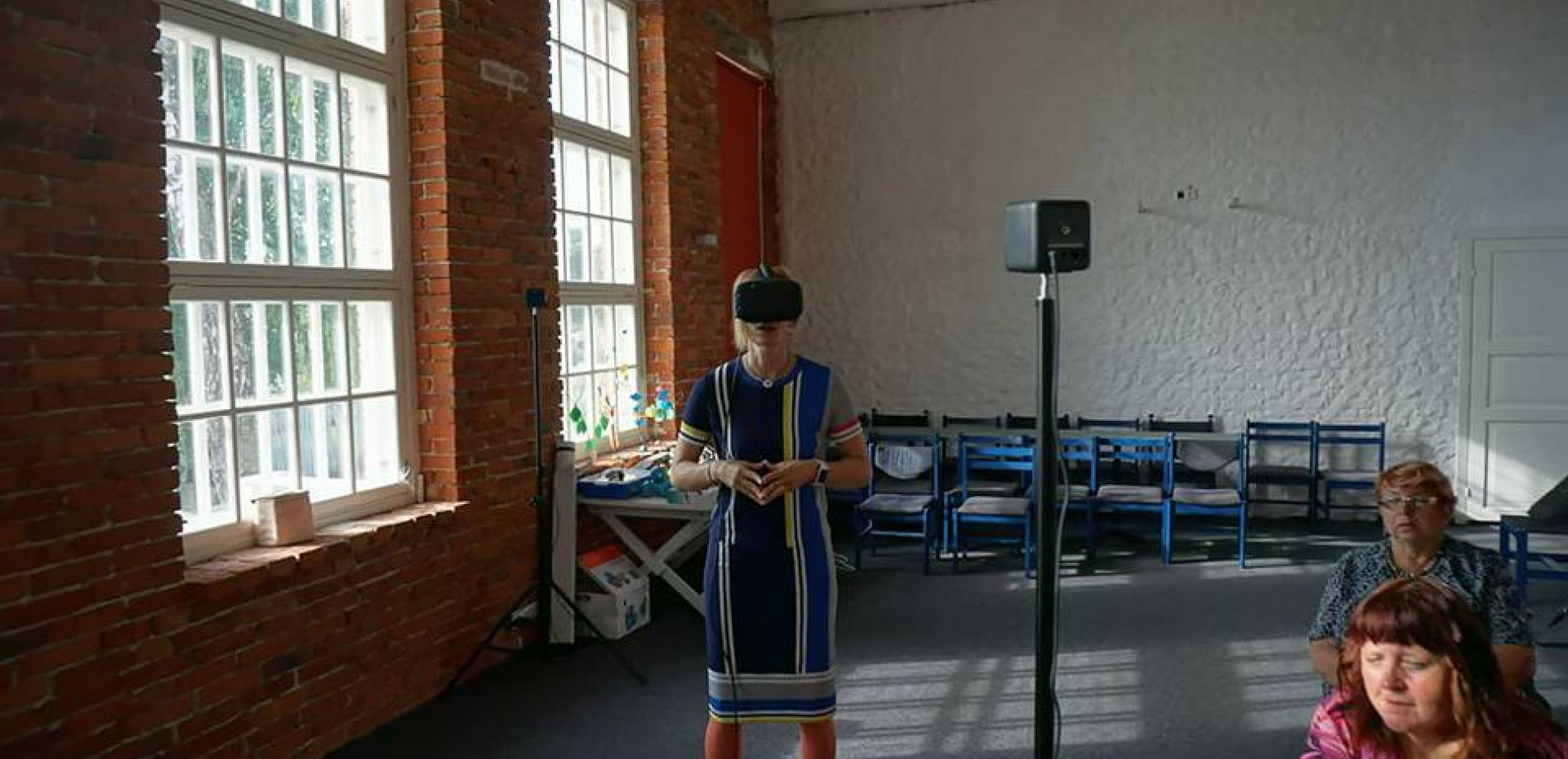We bring virtual reality to the political science and vocational teacher’s courses

The aim of the project
1.Different university lecturers(political science and vocational) use Virtual Reality (VR) in their classes
2.Students experimenting, learning by gaming and virtual interaction
Interdisciplinarity approach
To design the teaching plan for the political science and vocational training courses,
interviews and user testing were held with our designated lecturers. In the interview,
we got more information from our teacher: the targeted users, demands, background
information about the subjects etc. In the user testing, we let lecturers try the VR games
and simulations we found suitable. By actually trying these games, we got feedback on
what kind of simulations were more suitable for the classroom and targeted users.
Basis of research
1.the articles related to VR and education
Yoana Slavova, Mu Mu. A Comparative Study of the Learning Outcomes and Experience of VR in Education. - 2018 IEEE Conference on Virtual Reality and 3D User Interfaces (VR). Germany 2018. Doi: 10.1109/VR.2018.8446486.
Hadi Ardiny, Esmaeel Khanmirza. The Role of AR and VR Technologies in Education Developments: Opportunities and Challenges. - International Conference on Robotics and Mechatronics. Tehran 2018.
Gareth W. Young, Sam Stehle, Burcin Yazgi Walsh, Egess Tiri. Exploring Virtual Reality in the Higher Education Classroom: Using VR to Build Knowledge and Understanding. - Journal of Universal Computer Science, 2020, 26(8).
2.the articles related to VR and vocational education
Jan Spilski, Christoph Giehl, Thomas Lachmann, Sabine Schlittmeier, Jan-Philipp Exner, Alina Makhkamova, Dirk Werth, Martin Pietschmann, Mareike Schmidt. Potential of VR in the vocational education and training of craftsmen. - 19th International Conference on Construction Applications of Virtual Reality. Bangkok 2019.
Leila Mekacher. Augmented reality (AR) and virtual reality (VR): the future of interactive vocational education and training for people with handicap. - International Journal of Teaching, Education and Learning, 2019, 3(1).
Ildikó Horváth. Innovative engineering education in the cooperative VR environment. - 2016 7th IEEE International Conference on Cognitive Infocommunications. Wroclaw 2016. Doi: 10.1109/CogInfoCom.2016.7804576.
Veronica S. Pantelidis. Reasons to Use Virtual Reality in Education and Training Courses and a Model to Determine When to Use Virtual Reality. - THEMES IN SCIENCE AND TECHNOLOGY EDUCATION, 59-70.
Evangelos Markopoulos, Jenny Lauronen, Mika Luimula, Pihla Lehto, Sami Laukkanen. Maritime Safety Education with VR Technology (MarSEVR). - 2019 10th IEEE International Conference on Cognitive Infocommunications. Naples 2020.
3.the articles related to VR and political science
S. Chopra, S. Dexter. Free software and the political philosophy of the cyborg world. - ACM SIGCAS Computers and Society, 2007, 37(2). Doi: 10.1145/1327325.1327328.
Ralph Schroeder. Cyberculture, cyborg post-modern and the sociology of virtual reality technology. 1994, 26(5) 519-528.
Xueni Pan, Mel Slater. Confronting a Moral Dilemma in Virtual Reality: A Pilot Study. 46-51.
Project outcome
1 VR showcase for Mrs Ümarik’s class: vocational training
1 VR showcase for Mr Kunitsõn’s class: political science
Two lecturers can further develop and apply our materials and results
in their subjects.
